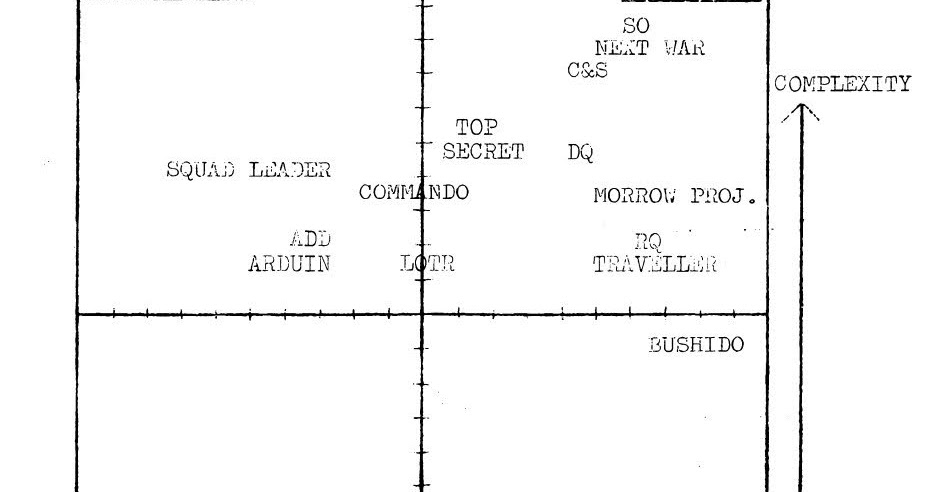On the issue of
how to learn new processes of play:
* By reading and doing what you're told to do;
* By watching other people doing it (either hanging out with them, or watching recordings etc);
* By intuiting it.
The first requires complete and well-thought-through instructions. I think Burning Wheel comes pretty close, but would benefit from more examples. The Adventure Burner (or Codex for Gold edition) provides this but that does then turn it into a pretty lengthy rulebook.
A nice example of this for a mechanically less intricate game is In A Wicked Age. It's account of the set-up process even tells you that if you finish your set-up before everyone else at the table, maybe you can pour the drinks!
But a problem for the players of both BW and IaWA is that the rulebooks tell you, at certain points, that in response to certain prior "moves" made in the course of play
you have to make some stuff up. I think this can be a challenge for a lot of people. One strength of those chunky systems with those long rulebooks is that they need less of this - eg a whole combat can often be resolved in D&D play without anyone having to make up any fiction; detailed rules for travel mean that the fiction can be read of the rules without anyone needing to make stuff up; etc.
Rulebooks can help with the need to make stuff up by providing examples, but ultimately it's a skill that needs to be practised. This is probably a place where seeing others do it can help, just because a picture is worth a thousand words.
I think relying on intuition can be a problem, for the reasons that
@Ovinomancer has described - "intuition" often reflects
prior experience and baggage. Or the lack thereof.
For instance, the original three black books for Classic Traveller have a lot of amazing content in them, and - in my view - a remarkably well-designed game when one considers it was written in 1977. But while it talks about how to build PCs, and how to build words and lay out starmaps, and has encounter tables, and even makes reference to "the adventure" or "the situation" that the referee is administering, at no point does it actually describe the process of collectively establishing a shared fiction, the players making "moves" for their PCs within that fictional space, the referee responding, etc. Which I think makes it almost impossible to pick up and play without some prior sense of what a RPG or wargame plays like; and that prior sense will then inform the use of the Traveller rules. (As it happens I think they work best for a PbtA-type approach, but that probably wasn't quite what the designer had in mind in 1977.)
Moldvay Basic remains a touchstone, in my view, for a book that does set out the procedures of play very clearly, but it won't support the sort of fiction/narrative-oriented RPGing that BW and IaWA aspire to. It succeeds by radically narrowing the scope of the fiction it is concerned with, and then setting out very concrete procedures for establishing the consequences, in the fiction, of the players "moves" - it relies heavily on GM judgement in adjudication, but doesn't require very much
making stuff up.

 playingattheworld.blogspot.com
playingattheworld.blogspot.com





